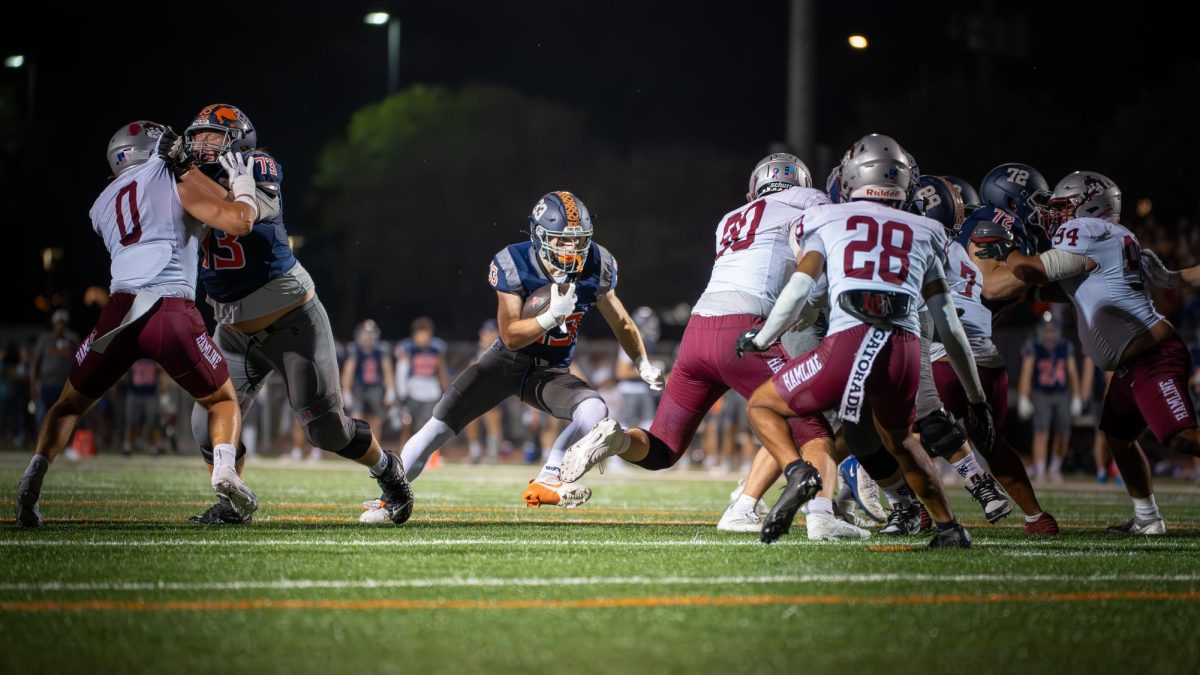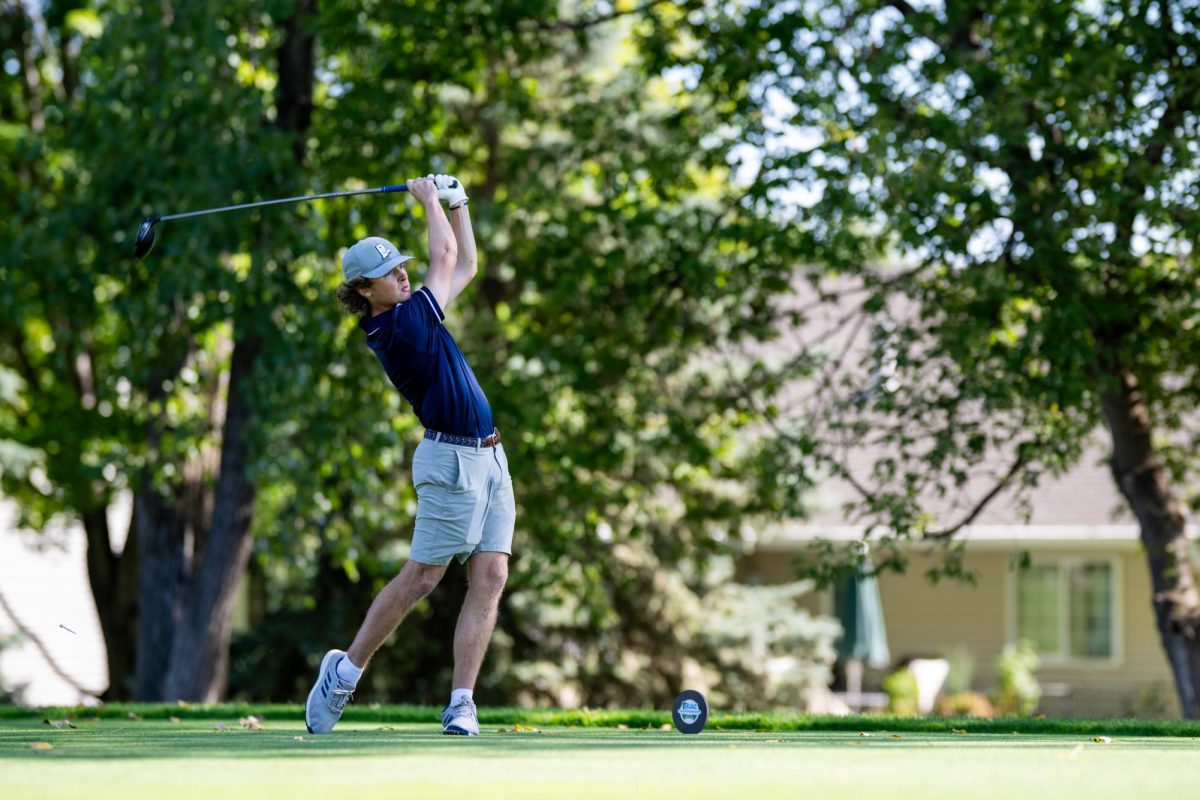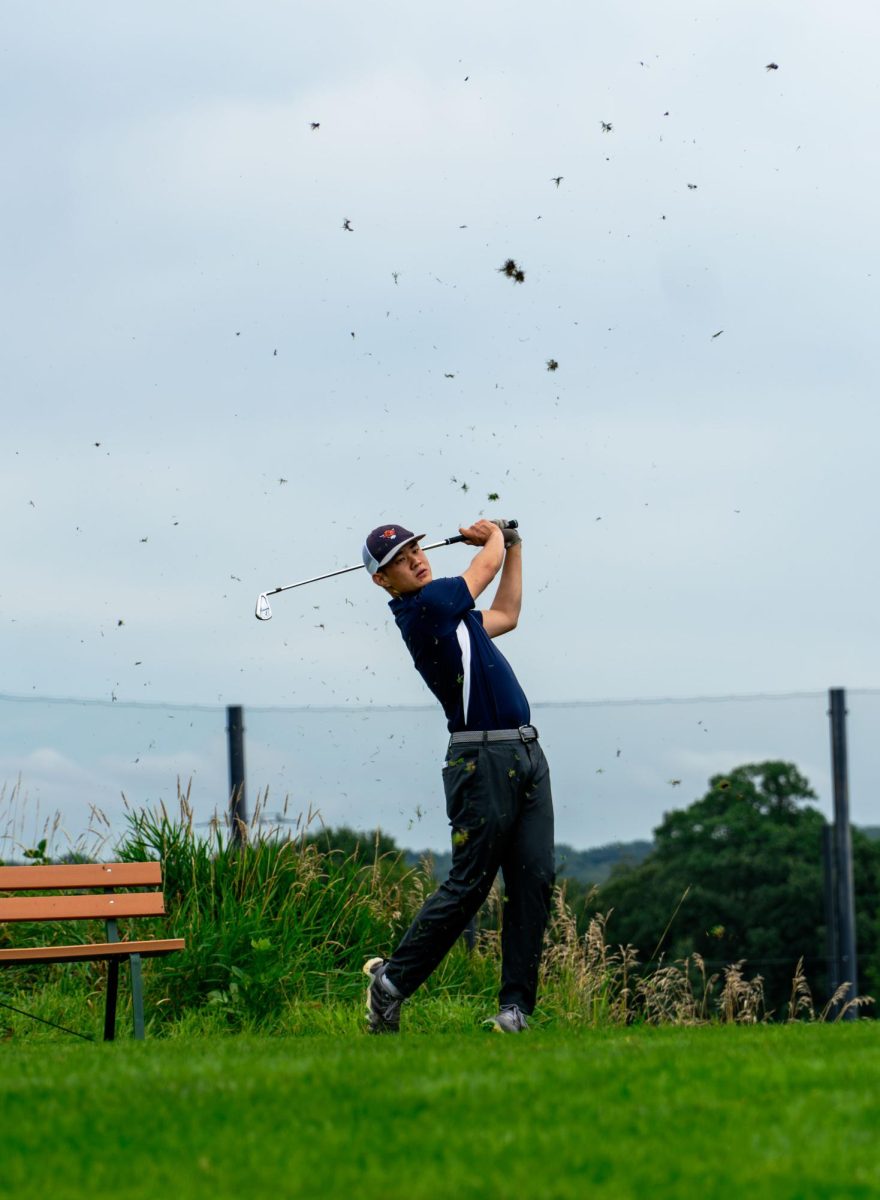Dave Zirin ’96 will return to Macalester on Tuesday, Feb. 27 at 4:45 pm to give a lecture on sports futurism in Markim Hall. Zirin is the sports editor for The Nation, a blogger, a podcaster and the author of eleven books.
DeWitt Wallace Professor of Geography Eric Carter coordinated this event for his Sports Geography course. Carter is teaching Zirin’s most recent book “The Kaepernick Effect” in the class and wanted to bring Zirin to campus for a lecture. To do that, he enlisted the help of Professor Emeritus Peter Rachleff, who advised Zirin during his time at Macalester, and then reached out to other departments for financial support.
“I spoke with a lot of departments and programs on campus,” Carter wrote in an email to The Mac Weekly. “I was really glad to get support not only from my home department, geography, but also history, media and cultural studies, the athletics department, the Kofi Annan Institute for Global Citizenship, the Office of Institutional Equity and Academic Programs. The Provost’s Office also came through in a big way. Everyone could see how important it was to bring [Zirin] to campus, since he’s been a consistent voice for social and racial justice generally and in the world of sports specifically.”
Zirin will visit Carter’s class and participate in a few other events on campus on Tuesday, but his lecture will be open to everyone. The lecture will center around a topic he calls sports futurism, which he describes as imagining what sports could look like in a more just society.
“I want people to think about the politics of inclusion and the politics of fighting back against sports being used as a kind of neoliberal Trojan horse to push ideas and policy that we would otherwise reject,” Zirin said. “It’s about how can sports be used as a weapon of justice instead of a cudgel that can result in beating down communities and beating individuals who are excluded from the games that we play.”
Although Zirin is a political journalist who majored in history while at Macalester, Carter believes his work with sports ties directly to geography as a discipline, especially through the Sports Geography class.
“I think about Sports Geography as a class that’s really about sports and society,” Carter wrote. “It’s anchored in geography, but we really draw from across the social sciences to understand the social, cultural, and political aspects of sports, in the US and internationally, historically and in the present.”
Carter urged students to attend Zirin’s lecture because of his insights on how sports reflect society.
“Sometimes sports reflect the worst aspects of society: intolerance, inequality, political polarization, and so forth,” Carter wrote. “At the same time, though, his work has consistently shown how athletes can use their platforms to be advocates for progressive social change. He’s also a great thinker, soulful writer and energetic speaker, so I think it’s going to be fun to hear what he has to say.”
Carter says the lecture will be open to all students, faculty and staff in Markin Hall at 4:45 on Feb. 27.







